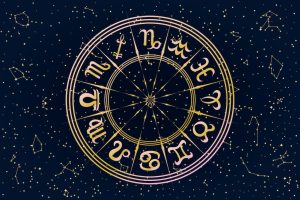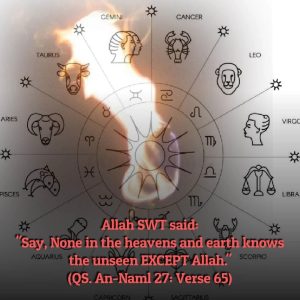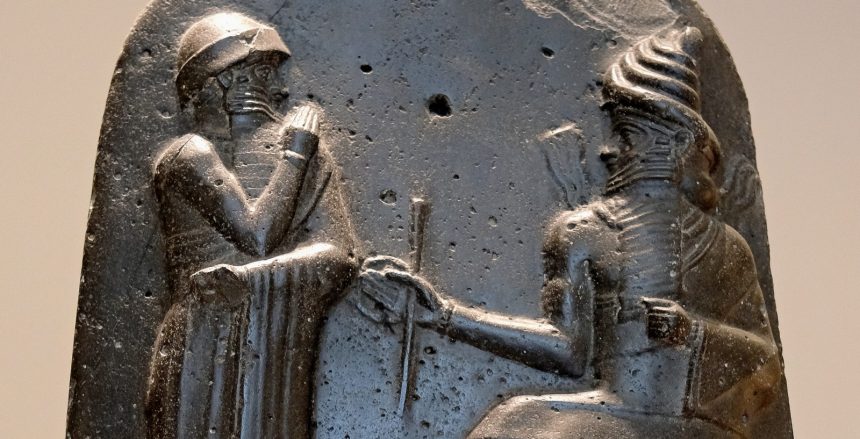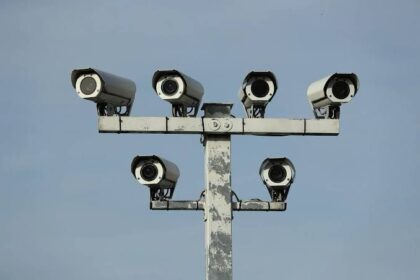Zodiac signs have been a part of human culture for thousands of years. They are based on the beliefs of Babylonians, Egyptians, and even the Greeks. The term astrology—that celestial movements affect people’s lives—has come from man’s interest in the stars’ movements regarding earthly events.
Around 2000 B.C., the Babylonians were the first to articulate an organized astrological system. They apportioned the sky into twelve parts, each representing a different constellation. These constellations were situated upon the apparent path of the Sun through the sky within the course of one year. The Egyptians contributed by associating these constellations with their gods, endowing spiritual and mythical correspondences to each sign.
Moreover, astrology was modified by the Greeks and brought into their philosophy and science. The very eminent Greek mathematician and astronomer, Ptolemy, laid the foundation of modern astrology through his work, Tetrabiblos, outlining the principles of horoscopic astrology. Horoscopic astrology categorized people according to the date of their birth, determining them with certain personality characteristics and forecasting their fates through the movements of stellar bodies.

Astrology spread rapidly among the Roman Empire, the Islamic world, and Medieval Europe, where acceptance and opposition were all the rage. Today, horoscopes and zodiac signs have become very popular around the world, whether regarding personality, compatibility, or just about anything else.
The Islamic Perspective on Zodiac Signs
Islam is a religion based on the belief that there is one God and that He reveals His Will to humankind; hence, it has clear injunctions regarding the major beliefs and practices that are to be followed by Muslims. The question of zodiac signs and astrology has been thoroughly discussed in Islam by scholars for centuries. According to the Islamic creed, nothing exists in the realm of the unseen but that about which Allah has knowledge; this includes the future. Thus, any prediction of future events based on celestial bodies is deemed contrary to Islamic teachings derived from the Quran and Sunnah.

The Quran states:
“Indeed, Allah alone has knowledge of the Hour, sends down the rain, and knows what is in the wombs. No soul knows what it will earn tomorrow, and no soul knows in which land it will die. Indeed, Allah is All-Knowing, All-Aware.”
(Surah Luqman 31:34)
This verse makes it clear that the knowledge of the future is exclusively with Allah. Therefore, believing in horoscopes or using zodiac signs to predict personal events contradicts Islamic teachings.
The Prophet Muhammad (peace be upon him) also warned against astrology. In a hadith, he said:
“Whoever seeks knowledge from the stars is seeking one of the branches of magic, of which he gets more as long as he continues to do so.”
(Abu Dawood, 3905)
Islam is against magic and fortune-telling, as these involve opting for supernatural sources rather than relying on Allah. Similar to this is considering zodiac signs as a guide, which suggests that these celestial bodies control the destiny of man, instead of the divine will of Allah.
To What Extent is Implementing Zodiac Signs Haram?
The level to which astrology and zodiac signs are considered haram (forbidden) in Islam depends on how they are used:
- Someone truly believing in zodiac predictions as the determinant of his/her future is considered an even greater sin than any other: believing in such things is a form of shirk. This is because it attributes divine knowledge to the stars, as opposed to Allah.
- Some people may read their horoscopes for laughs, without any real belief in them. While this may not amount to outright shirk, it is still discouraged, as there exists a possibility of nurturing confidence in something apart from Allah. The Prophet Muhammad (peace be upon him) advised Muslims not to go near fortune-tellers, even if they do not believe in them.
- Zodiac signs are used by some mainly to explain personality. This may appear harmless on the surface but becomes problematic when it is taken seriously. Islam states that character is a consequence of one’s Iman, upbringing, and effort—not his/her birth date or celestial position.
The Balance Between Culture and Faith

Nowadays, people read their horoscopes and enjoy astrological stories without really taking them seriously. However, Islam encourages a Muslim to guard his faith against anything that may lead to shirk or misguidance. Astronomy as a field of study is appreciated since the Quran itself urges human beings to study the universe. But tauro-palmistry or any practice attempting to guide human endeavors or fate by celestial bodies is absolutely forbidden.
As interesting as the history of signs dating back to complex civilizations that experimented with the understanding of stars may be, the Islamic point of view states that using astrology for predictions and advice is considered haram, as it goes against the beliefs of the Islamic faith. Muslims place their trust in Allah rather than the signs of the celestial bodies so that their performances stay intact without any addition by other hypotheses or superstitions.












